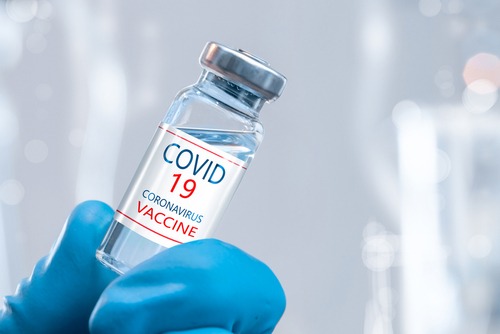
While the efficacy of many COVID-19 vaccines has largely been established, more specific questions remain, such as their effectiveness on the immunosuppressed and transplant patients — a fact that has prompted a new study, led by the Oslo University Hospital and funded by a series of national and international partners.
The Oslo University Hospital study will include at least 6,000 patients and 10,000 healthy participants who have received two doses of either the Pfizer-BioNTech or Moderna vaccines. Participants will include those who have received organ transplants and immunodeficiency and autoimmune disease patients, patients receiving anti-inflammatory drugs, and patients with depleted levels of B-cells, which are responsible for producing antibodies. Researchers want to know the level of adaptive immune responses to the COVID-19 vaccines among these populations.
“When the SARS-CoV-2 virus arrived, our scientists joined forces with our diagnostic service staff to provide a streamlined pipeline to monitor antibody responses to coronaviruses,” John Vaage, head of Department of Immunology at Oslo University Hospital and the study’s principal investigator, said. “We have built a unique partnership with many clinical environments, across institutional borders, and including a critical collaboration with the NIPH. We find that many immunocompromised patients respond poorly to Covid-19 vaccines. We will now do further studies to identify patients who may benefit from additional vaccine jabs. An important question is whether individuals without protecting antibodies will be protected by T cells.”
The Coalition for Epidemic Preparedness Innovations (CEPI) will put together $3.1 million to fund these efforts. Another $3.6 million will be provided by a collection of Norwegian health organizations, including the Norwegian Institute of Public Health, Diakonhjemmet Hospital, Akershus University Hospital, Haukeland University Hospital, Sørlandet Hospital Trust, Oslo University Hospital, and the Institute of Clinical Medicine at the University of Oslo.
As part of the study, a booster dose will be offered to participants who have low or no immune response to vaccination, after which they will be monitored. The effects of various immunosuppressive medications on the immune response to COVID-19 vaccination will also be analyzed.
“While there are multiple safe and effective vaccines against COVID-19, critical R&D questions still remain, such as how well the vaccines work in populations with compromised immune systems?” CEPI CEO Richard Hatchett said. “And whether they will need three doses instead of two doses to generate protective immunity against COVID-19? This innovative study aims to gather the data needed to fill this gap in our understanding and will inform how governments can optimise their vaccination strategies going forwards to protect these vulnerable populations.”




